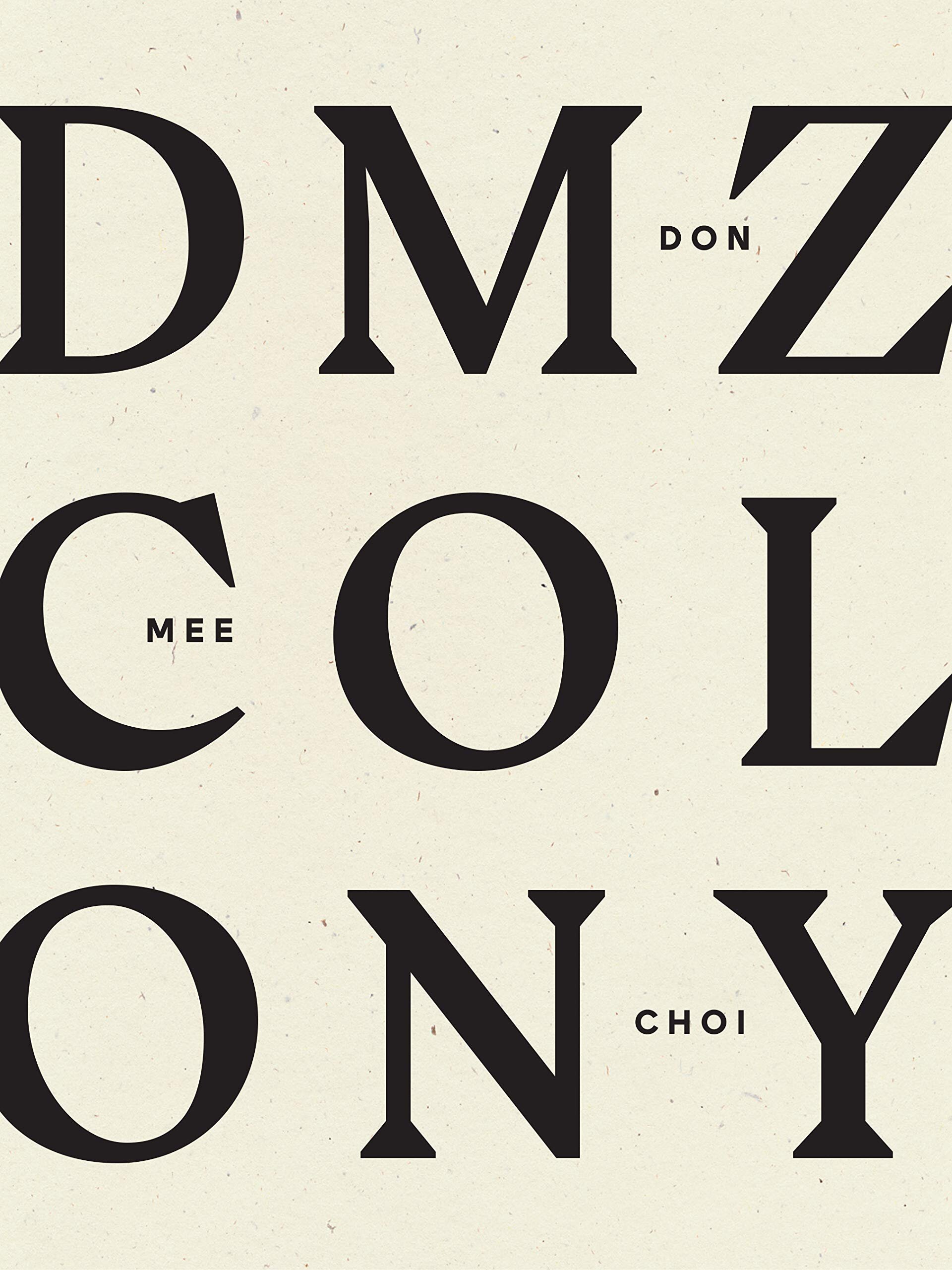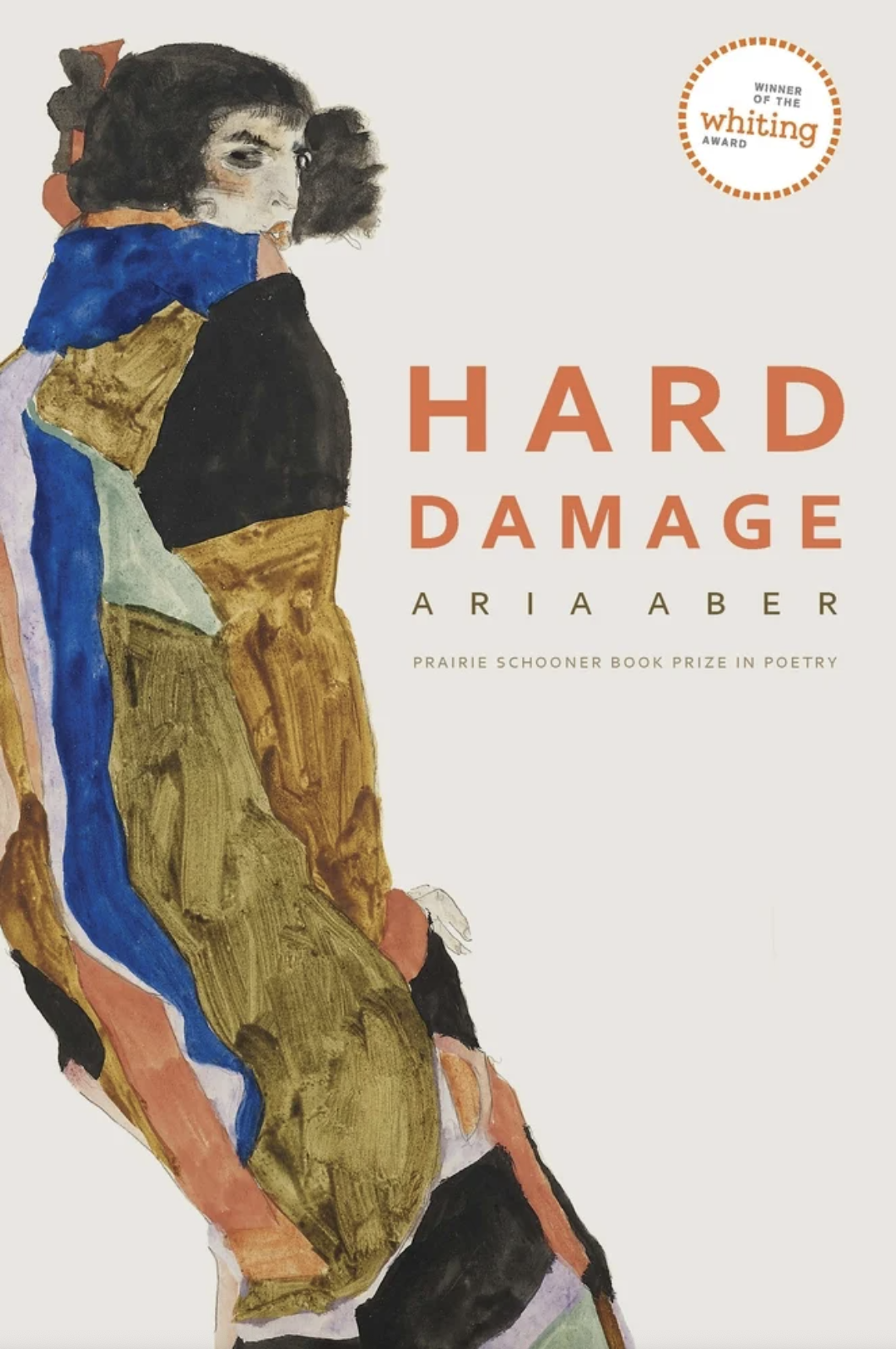10 Books to Read This National Poetry Month
For National Poetry Month, enjoy these ten books of poetry by Asian American poets, both Kundiman fellows and faculty. From the multimedia synthesis of Don Mee Choi’s DMZ Colony to the memory work of Diana Khoi Nguyen’s Ghost Of, contemporary Asian American poetry is emotionally resonant, genre-bending, and boundless. Asian American voices should be celebrated not only this month, but forever. You can buy these books here on bookshop.org.
Winner of the 2020 Etel Adnan Poetry Prize, Jessica Abughattas’s Strip is a captivating debut about desire and dispossession and that tireless poetic metaphor—the body. Audacious and clear-eyed, plainspoken and brassy, Abughattas’s poems are songs that break free from confinement as they span the globe from Hollywood to Palestine.
Woven from poems, prose, photographs, and drawings, Don Mee Choi's DMZ Colony is a tour de force of personal and political reckoning set over eight acts. Evincing the power of translation as a poetic device to navigate historical and linguistic borders, it explores Edward Said's notion of "the intertwined and overlapping histories" in regards to South Korea and the United States through innovative deployments of voice, story, and poetics. Like its sister book, Hardly War, it holds history accountable, its very presence a resistance to empire and a hope in humankind.
This is How The Bone Sings by W. Todd Kaneko
This Is How the Bone Sings is a book about silence. These poems are about Minidoka, the concentration camp built in Idaho for Japanese Americans during World War II, drawing from myth and folk tale to talk about the legacy of trauma across multiple generations in America.
Ghost Of elegizes a brother lost via suicide, is a mourning song for the idea of family, a family haunted by ghosts of war, trauma, and history. Nguyen’s debut is not an exorcism or un-haunting of that which haunts, but attuned attention, unidirectional reaching across time, space, and distance to reach loved ones, ancestors, and strangers. By working with, in, and around the photographs that her brother left behind (from which he cut himself out before his death), Nguyen wrestles with what remains: remnants of memory, physical voids, and her family captured around an empty space. Through lyric meditation, Nguyen seeks to bridge the realms of the living with the dead, the past with the present.
DĒMOS by Benjamín Naka-Hasebe Kingsley
The poems of Dēmos: An American Multitude seek answers in the Haudenosaunee story of The Lake and Her children; in the scope of a .243 aimed at a pregnant doe; in the Dōgen poem jotted on a napkin by his obaasan; in a flag burning in a church parking lot. Dēmos is a resonant proclamation of identity and endurance from one of the most intriguing new voices in American letters—a voice singing “long on America as One / body but many parts.”
Hard Damage works to relentlessly interrogate the self and its shortcomings. In lyric and documentary poems and essayistic fragments, Aria Aber explores the historical and personal implications of Afghan American relations. Drawing on material dating back to the 1950s, she considers the consequences of these relations—in particular the funding of the Afghan mujahedeen, which led to the Taliban and modern-day Islamic terrorism—for her family and the world at large. Aber explores Rilke in the original German, the urban melancholia of city life, inherited trauma, and displacement on both linguistic and environmental levels, while employing surrealist and eerily domestic imagery.
Miracle Marks examines how women are marked and the marks women make by delving into what it means to be a woman and what it means to be. Drawing upon Hindu iconography, including the figures of Saraswati, Mirabai, and Maya — and through sound energy and use of white space — the poems mark the miracles of women’s labors, devotions, and survivals.
Jason Bayani’s second book of poems, Locus, centers the post-1965 Immigration Act Pilipinx in America. Weaving his way through the muddled recordings of history and personal memory, Bayani looks to tell a story of migrant bodies, the impermanence of home, and how one learns to find themself in the transient states of the experienced and mythologized America.
Bird of the Indian Subcontinent by Subhashini Kaligotla
The poems in this debut collection chart the passage of a metamorphosing self through euphoria, desire, despair, defiance, equanimity, grief, and loneliness. Appropriating freely from diverse poetic sources, the writer gives voice to a polyglot emotional range. Sanskrit poetics, Jazz lyrics, ekphrasis, the locutions of India's poet-saints, and the Anglo-American writing tradition all find place here. The book's chorus of figures—from Christ to Krishna to Caravaggio—move the reader between present and past, myth and history, bird and human, and across cities and continents.
The Twenty-Ninth Year by Hala Alyan
For Hala Alyan, twenty-nine is a year of transformation and upheaval, a year in which the past—memories of family members, old friends and past lovers, the heat of another land, another language, a different faith—winds itself around the present. Hala’s ever-shifting, subversive verse sifts together and through different forms of forced displacement and the tolls they take on mind and body. This collection summons breathtaking chaos, one that seeps into the bones of these odes, the shape of these elegies. A vivid catalog of heartache, loneliness, love and joy, The Twenty-Ninth Year is an education in looking for home and self in the space between disparate identities.











